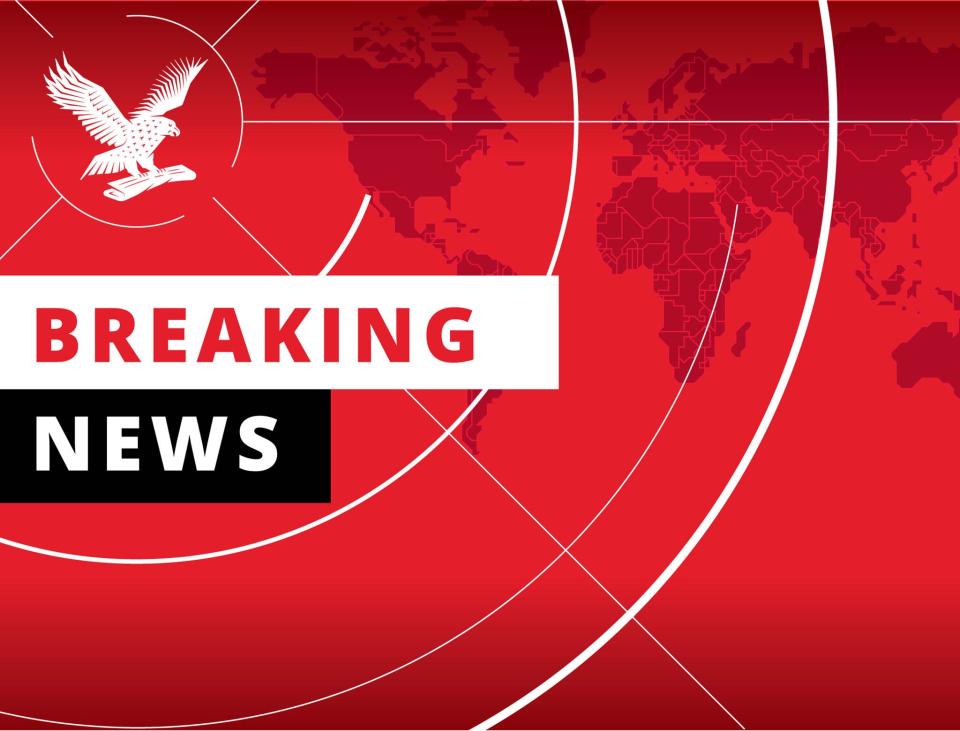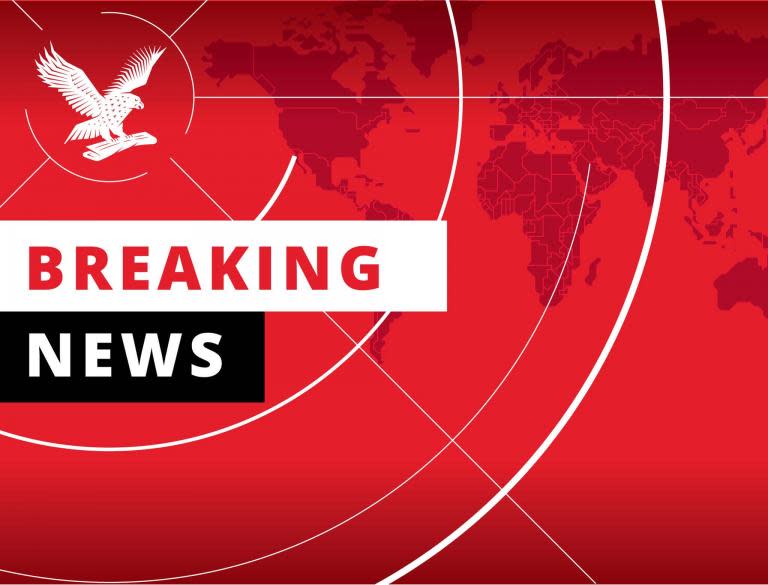May warns Russia UK 'will never tolerate a threat to the life of British citizens'
Theresa May has used her party conference speech to warn Russia that the UK “will never tolerate a threat to the life of British citizens”, as the crisis around the Salisbury nerve attack deepens.
The Prime Minister said Moscow was in “flagrant breach” of international law over the incident which saw a Russian-made nerve agent release in the city.
She said: “Many Russians have made this country their home. And those who abide by our laws and make a contribution to our society will always be welcome.
“But we will never tolerate a threat to the life of British citizens and others on British soil from the Russian Government.”
But it comes after the Kremlin announced it would retaliate to Britain’s expulsion of 23 diplomats earlier this week, by also expelling the same number of UK officials from Moscow.
Saying that she had anticipated the move, the Prime Minister went on: “The rule of law. Freedom of speech. The toleration of dissenting and minority views. A free press. Fair and democratic elections. A thriving civil society. These are the foundation stones of human freedom.
“They don’t come about by accident, and they are certainly not the default setting for any society.
“They take years of patient work to build up, they face constant threats, and they must always be defended. They are the values which unite us as a country.”
The overt defence of national values comes after a week in which Ms May criticised Jeremy Corbyn for failing to blame Russia for the attack, something which also divided the Labour frontbench.
The Russian Foreign Ministry announced said on Saturday morning that it would expel 23 British diplomats in a like-for-like retaliation to British measures, saying the diplomatic representatives of the British Embassy in Moscow should leave Russia within a week.
It came four days after Ms May announced 23 Russian diplomats would be expelled from Britain after Russia missed a deadline to provide an explanation for the poisoning of Sergei Skripal and his daughter Yulia.
The ex-spy, his daughter and a British policeman are still in serious conditions in hospital following the 4 March attack which saw a military grade Novichok nerve agent released in the Salisbury.
Responding to Russia's announcement, the UK Foreign Office said in a statement it had “anticipated a response of this kind” and the National Security Council would meet early next week “to consider next steps”.
It insisted there was “no alternative conclusion other than that the Russian State was culpable” but said it was not in the UK's national interest “to break off all dialogue between our countries”.
“The onus remains on the Russian state to account for their actions and to comply with their international obligations,” the statement concluded.
A Russian response to the British measures had been expected for several days and when it came, it went further than expected.
Apart from the expected tit-for-tat expulsions, the Ministry of Foreign Affairs announced it is stopping all British Council activities “due to legal irregularities” and revoking its agreement for Britain to operate a consulate-general in St Petersburg.
The ministry also warned that Russia could take further measures if Britain takes any more “unfriendly actions” against the country.

 Yahoo News
Yahoo News 

